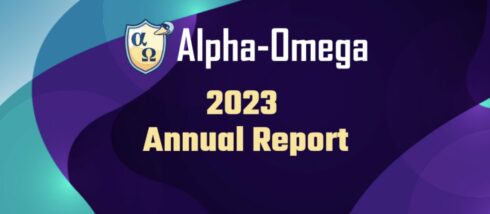
The Open Source Security Foundation (OpenSSF) released the annual report for its Alpha-Omega project, an initiative that focuses on identifying and remedying vulnerabilities within source code to create a safer digital environment.
According to OpenSSF, the Alpha-Omega project has become a pivotal player in enhancing the security infrastructure of open-source software, reflecting a proactive approach to cybersecurity in the tech community. Alpha-Omega is sponsored by Google, Microsoft, and AWS.
Throughout 2023, the Alpha-Omega project awarded 10 grants to 8 different organizations, amounting to a total of $2,841,968. This marked a significant increase in the average grant size to $355,246, up by 38% compared to the previous year.
The cumulative grants extended by Alpha-Omega have now reached $4.9 million, showcasing the project’s expanding commitment to fortifying open-source software against potential security threats.
Beneficiaries include the Python Software Foundation, the Eclipse Foundation, the Rust Foundation, and OpenJS. The specific projects that received grants in 2023 were Eclipse, NodeJS, Rust, Homebrew, OpenSSL, OpenRefactory, Prossimo, and the Linux Kernel.
This strategic allocation of resources not only strengthens the security posture of these critical platforms but also underscores the Alpha-Omega project’s role in safeguarding the integrity of open-source software at a fundamental level, according to OpenSSF.
Another key finding from the report is that Alpha-Omega grants are now being followed by direct institutional budgets and fundraising for security staffing and projects. Also, Sigstore adoption continues to grow across the open-source ecosystem, which the organization believes to be a result of the increased funding from Alpha-Omega. For instance, the Python Software Foundation now signs Python and CPython releases with Sigstore, with more ecosystem adoption coming soon.
Lastly, security champions that were funded by Alpha-Omega are improving security culture in their respective communities.






